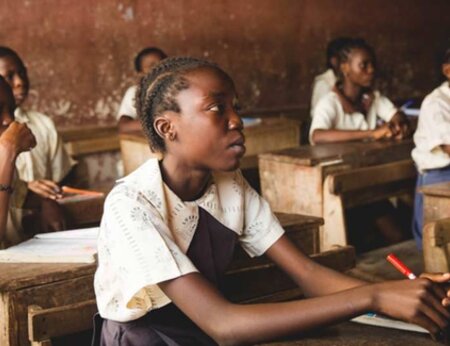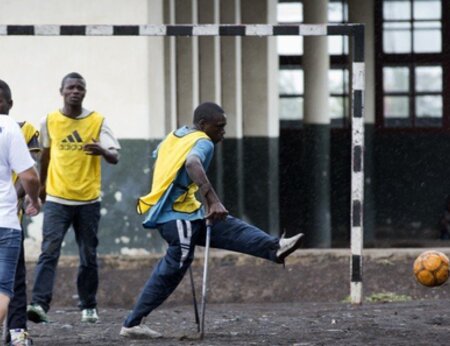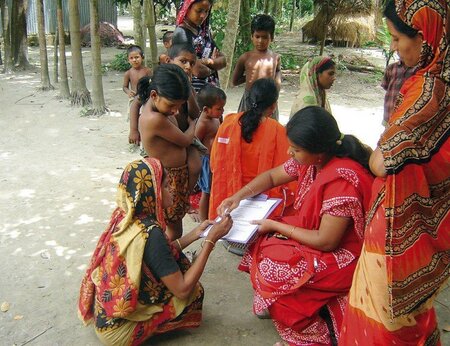The Washington Group Blog
Disability And Data: Need For Numbers And Narratives
Persons with disabilities have remained largely invisible in data collection efforts. Therefore, commitments to adopt questions developed by the Washington Group on Disability Statistics at the Global Disability Summit are noteworthy. Numbers alone, however, cannot tell the whole story. We need to harness the potential of integrating quantitative and qualitative evidence in order to effectively respond to the lived realities of persons with disabilities and their families.
Why Include The WG Questions On Both Surveys And The Census?
Censuses and surveys have different strengths and weaknesses. Including the Washington Group questions on both can can leverage the power of both instruments to provide even more meaningful analyses of the prevalence and impact of disability on people’s lives.
From UNESCO: What We Know (And The Great Deal We Don’t) About Education And Disability
A new paper from the UNESCO Institute for Statistics (UIS), Education and Disability, presents the first in-depth analysis of available data for 49 countries. It confirms that persons with disabilities are less likely to ever attend school, more likely to be out of school and that they tend to have fewer years of education than persons without disabilities.
Why Global Health And Functioning Indicators Like The GALI Are Not Suitable For Disaggregation
This blog explains why the single question on disability linked to participation that some countries have proposed, known as the Global Activity Limitation Indicator (GALI), is not appropriate for disaggregating SDG indicators by disability.
Disability Data For Effective Policy Design: Reflections From The TEACH Project In Pakistan
As part of the Teaching All Children Effectively (TEACH) project the University of Cambridge and IDEAS, Pakistan used the Washington Group’s Child Functioning Module for children aged 5 to 17 years. They collected data across 1050 households in 3 districts of Punjab province. The findings note some important results, particularly in relation to education, which was a key focus of the TEACH project.
The Washington Group Questions And The Disability Continuum
Data based on the Washington Group questions can be used in different ways to get at the diversity among persons who report a range of difficulties in functioning. The difficulties can be conceptualized and measured on a continuum or spectrum of severity from ‘no difficulty’ to ‘unable to do’. Prof. Mitra’s work explores this continuum using data from Africa.
Data To Leave No One Behind And The Washington Group
This blog from Development Initiatives discusses how the Washington Group questions advance the goal of using data to leave no one behind. It describes challenges and opportunities to measuring disability through major international statistics program.
Should The Washington Group Questions Determine If Difficulties Are Long-term Or Short-term?
This blog explains the reasoning behind the lack of any explicit mention of whether an activity limitation is long-term or short-term in the Washington Group Questions and the trade-offs for including such a clause.
Training On How To Ask “Disability” Questions On Censuses And Surveys
This blog entry provides information on how to train interviewers for dealing with disability in either surveys or censuses. It addresses both the particular issues of asking about disability, and also things to consider when interviewing people with disabilities for any survey.
Basic Guide To Sampling For Disability Surveys
This blog discusses some basic guidance on how to determine an appropriate sample size for surveys collecting information on people with disabilities. Sample size depends on the purpose of the analysis, the intended degree of disaggregation, and the level of accuracy desired.
Displaying results 11 to 20 out of 29
- « Previous
- 1
- 2
- 3
- Next »




